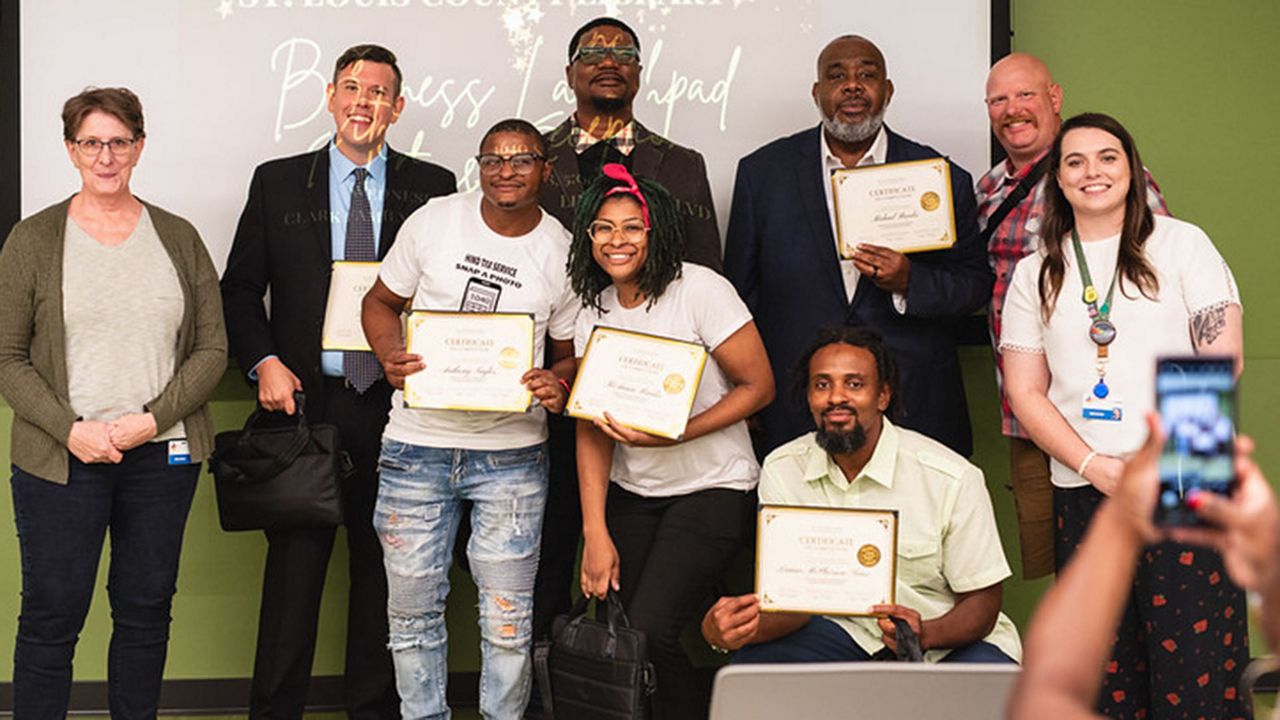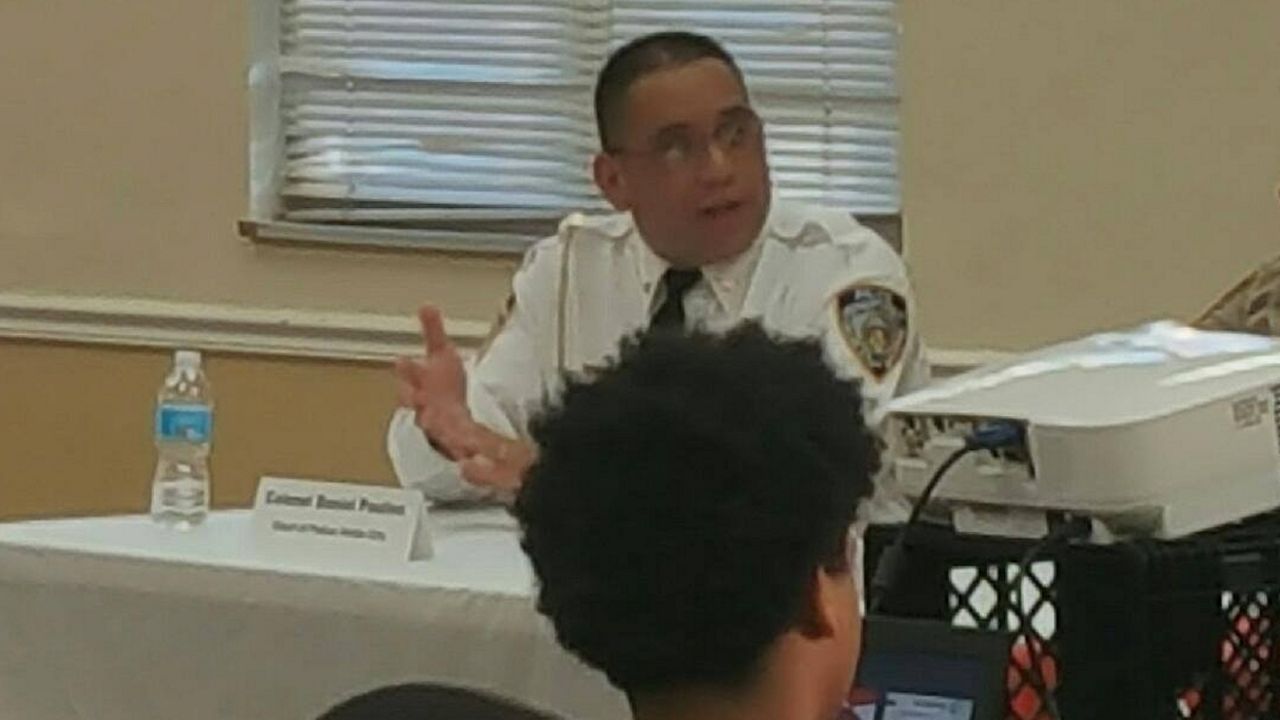ST. CHARLES, Mo. — The story of an Afghan woman who escaped the Taliban at age 15, only to become an interpreter for U.S. military intel missions and eventually relocate to Missouri, is the center of a new documentary in the making by a St. Charles production company.
After fighting her whole life for freedom and education, Zamzama Safi, “ZZ,” said sharing her story is her goal to inspire and help others.
“The day that I inspire people, that day will be the day when I fully heal from my wounds,” she said.
The documentary will touch on many universal themes, director and producer Eric Norwine said, including women’s rights, education, treating one another with respect and more.
A St. Charles native, Norwine is a former Hollywood film producer. He and his brother, Ben, created Covered Bridge Studios in St. Charles, a name inspired by their grandfather.
“When people see the film, I want them walking out feeling the same way our team feels about ZZ, which is in awe,” Norwine said.
He mentioned he wants audiences to be “inspired by her and her family’s courage, inspired by their resilience, inspired by her determination to live a life of love despite all that she’s been through.”
Safi wrote a manuscript based on her life. It describes her and brother’s captured by the Taliban when she was 15 years old. They were taken while walking home from class.
“I was in captivity for three nights and four days. I was sexually abused and tortured by the Taliban,” she said.
However, Safi convinced Taliban members to let her see her family one last time before being forced to get married. After swearing on the book of Quran, she went back home to her family.
Safi told her family that she was not marrying a member of the Taliban and that she would not go back.
With support from her family, she continued her education, which included learning English. U.S. Air Force officer, Lt. Col. Aaron Thomas, who investigated Safi’s case, hired her as a translator and cultural adviser.
Leaving her family behind, Safi escaped her home country altogether during its collapse on Aug. 15, 2021, and resettled in St. Charles.
“It was not an easy path for me or my family,” she said.
Safi landed in Chicago before moving to St. Charles where she attends Chapel of the Cross Lutheran Church.
After giving her manuscript to Rev. Mark Hoehner to read, with Safi’s permission, he shared it with Norwine.
“I was blown away and taken by the story, and all that she’s been through and thrived through,” Norwine said.
Upon meeting for the first time at her favorite restaurant, Longhorn Steak House, Safi and Norwine chatted for three hours about her experiences.
After a period of time, they developed a friendship and began discussing a documentary based on Safi.
As a young teen, Safi started her job with NATO Forces in Afghanistan. She worked with the U.S. military on and off for 10 years, translating confidential and nonconfidential documents, in addition to going on military missions.
“It was not a normal job for a female because women in Afghanistan don’t have a lot of access to education and they don’t have their basic rights,” Safi said.
While living and working on base, she was dubbed “Queen of the Base,” which is now the title of the documentary.
During an intel mission on Al Qaeda, the Humvee she was traveling in flipped over from an explosion on the road near the Afghanistan-Pakistan border.
Her work put her in harm’s way and also put her family’s life at risk too, she said.
While Safi received backlash from the public about her job, calling her, “The eyes of American troops,” she said, “I never stopped doing the right things.”
The documentary also will focus on what Safi is doing now, which is working for the nonprofit Monarch Immigrant Services St. Louis.
“The film is in part talking about the experiences that she’s had in her life and then showing the work that she’s doing, and her decision not to be bitter about what it is that she’s been through, or see herself as a victim, but to see herself as what she is, a victor,” Norwine said.
Work on the documentary began last June with the finished product expected by the end of the year. The movie will then be screened at different film festivals next year.
The documentary is receiving financial help through Missouri’s film tax incentive. It offers between 20 to 42% of tax breaks for movies made in the state.
Norwine and Safi recently went to Jefferson City to advocate for the tax incentive funds to be combined. Right now, there are separate funds reserved for films and TV episodes.








